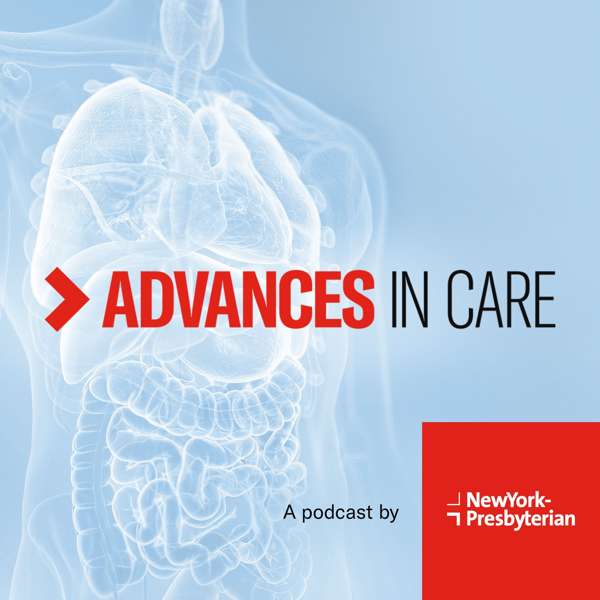Breaking through the ranks can be a challenging endeavor for females seeking leadership positions in a traditionally male dominated military force. The value of strong mentoring relationships cannot be overstated. Cultivating these strong, professional relationships with men who have previously held leadership positions can be challenging, often leaving women out of the equation. Dr. Brad Johnson and Dr. Davie Smith discuss the importance of men becoming allies to women in leadership roles and the added value to organizations when mentoring relationships are developed.
http://www.wbradjohnson.com
W. Brad Johnson, PhD, is professor of psychology in the Department of Leadership, Ethics, and Law at the United States Naval Academy, and a faculty associate in the Graduate School of Education at Johns Hopkins University. A clinical psychologist and former Lieutenant Commander in the Navy’s Medical Service Corps, Dr. Johnson served as a psychologist at Bethesda Naval Hospital and the Medical Clinic at Pearl Harbor where he was the division head for psychology. He is an award-winning mentor with distinguished mentor awards from the National Institutes of Health and the American Psychological Association. He is also a fellow of the American Psychological Association and recipient of the Johns Hopkins University Teaching Excellence Award. He has served as chair of the American Psychological Association’s Ethics Committee and as president of the Society for Military Psychology. Dr. Johnson is the author of more than 130 journal articles and book chapters—many on the topic of mentoring—and 14 books, in the areas of mentoring, gender in the workplace, and professional ethics. Recent books include: Good Guys: How Men Can Become Better Allies for Women in the Workplace (2020, October, with David Smith) The Elements of Mentoring (3rd Ed.) (2018, with Charles Ridley), Athena Rising: How and Why Men Should Mentor Women (2016, with David Smith), On Being a Mentor: A Guide for Higher Education Faculty (2nd Ed.) (2015), The Elements of Ethics for Professionals (2008, with Charles Ridley), and Becoming a Leader the Annapolis Way (2006, with Greg Harper). He speaks around the globe on the topics of mentorship and cross-gender workplace relationships.
Dr. David G. Smith is an Associate Professor of Sociology at the US Naval War College; a gender, work and family researcher; author and speaker. Through his research and experience leading diverse organizations, he has established his value to organizations looking to improve gender relations. Dr. Smith is known for facilitating challenging topics about gender relations and brings this skill to his consulting, writing, and speaking. Dr. Smith is a frequent presenter on gender relations topics and best practices in mentoring relationships, co-author of Athena Rising: How and Why Men Should Mentor Women, and authored numerous articles across his areas of expertise.
A sociologist trained in social psychology, he focuses his research in gender, work and family issues including cross-gender mentoring relationships, gender bias, retention of women, dual career families, military families, and military women. In his speaking, consulting and teaching, he explores gender in leadership settings focusing on social science research illuminating the difficulties women experience attaining and being seen as effective leaders. Emphasis on gender and leadership styles, traits, and effectiveness is integrated with domestic responsibilities and organizational cultures and how they differently impact women and men. Dr. Smith engages audiences and clients in challenging conversations about stereotypes, prejudice, and discrimination that contribute to women’s under-representation in elite leadership roles. As a practitioner, Dr. Smith provides evidence-based best practices and strategies for promoting parity in top level leadership. Dr. Smith received a PhD in Sociology from the University of Maryland, an MS in Global Leadership from the University of San Diego and a BS from the U. S. Naval Academy.

 Our TOPPODCAST Picks
Our TOPPODCAST Picks  Stay Connected
Stay Connected







